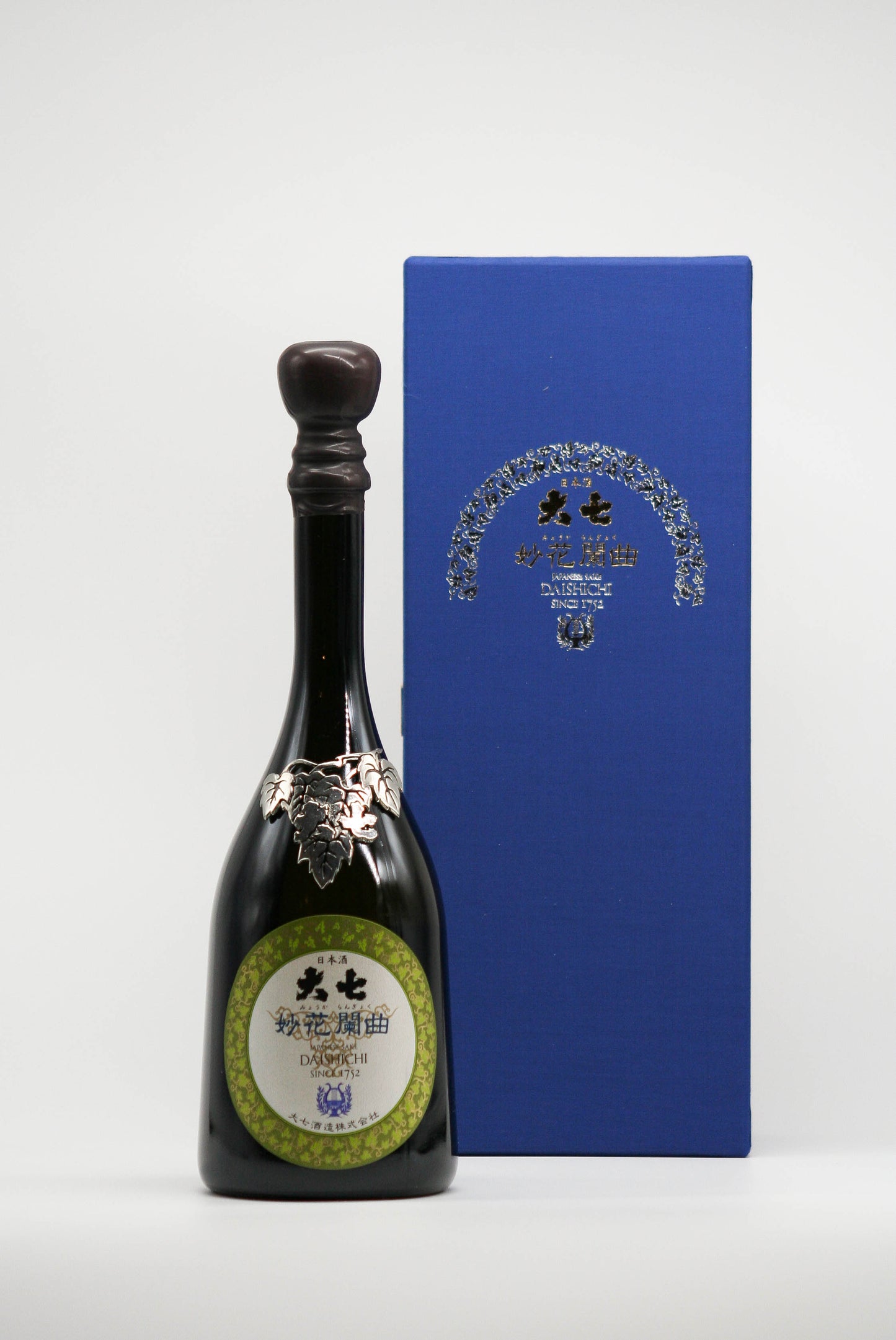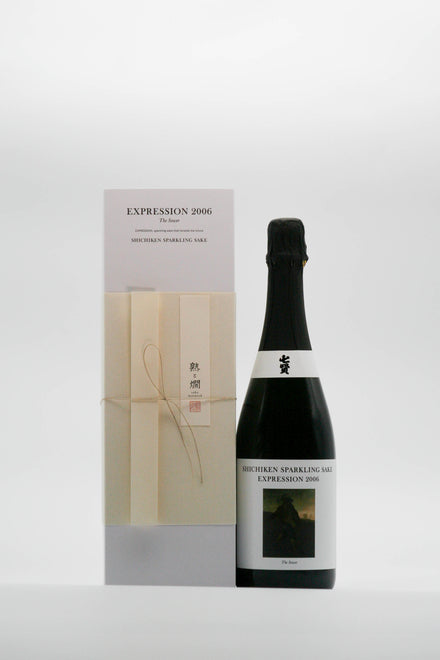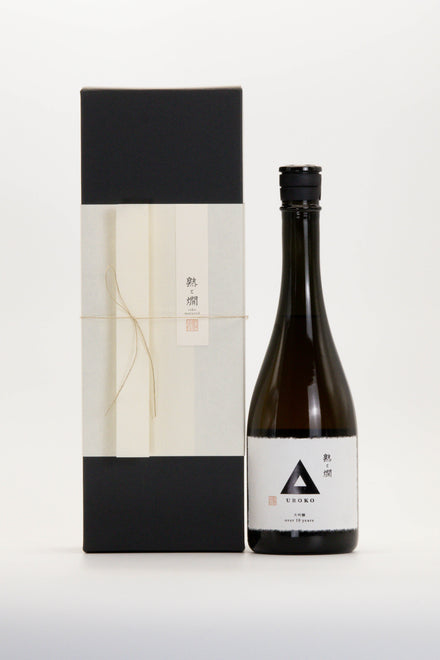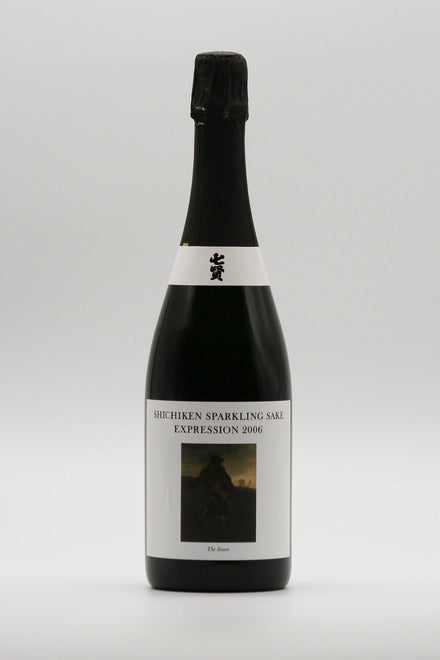


A treasured sake which has been served at prestigious events such as summits.
It makes a strong impact out the gate with an exquisite taste, aroma, and a lingering finish.
Daishichi Myoka Rangyoku 2019
| Vintage | 2020 |
| Years aged | 4 years |
- 3-4 years
- 10,000 – 49,999yen
- 2010 or later
- All Products
- As aperitif and/or with starters
- Light Yellow/Green
- Brewer:
- Alcohol:16 degrees
- Volume:720ml
Couldn't load pickup availability
[ Drinking alcohol under the age of 20 is prohibited by law. ]
This sake is named after Myokagoku, the highest-ranking musical composition by famed Japanese composer Motokiyo Zeami.
With this Junmai Daiginjo, brewed using the ancient Kimoto starter technique and released without dilution, Daishichi Sake Brewery has realized its idea to craft truly magnificent sake that is completed through a longer maturation.
- about
-
Type 純米大吟醸 / 生酛造り Rice polishing ratio 50% (super flat polished rice) Yeast type Daishichi Yeast Ingredients/raw materials Rice (domestic)/Rice malt (domestic) Rice type Yamada Nishiki Origin of rice - Toji(Brew Master) Takanobu Sato (Nambu chief brewer/modern master craftsman) Assemblage -
- Recommended occasions/temperature
-
- How to store
-
- Delivery dates and charges
-



Tasting comments
-
Nobuhiro Ueno
(Juku to Kan Bar Master / Permanent Director of the Toki Sake Association)First impression: The scent gives glimpses of its youth, with a glue-like (ethyl acetate) scent hidden within the lingering ginjo scent.
The attack is gentle with pleasant flavors and a hint of acidity.
It doesn't have a strong sense of maturity, but the balance of flavors is exquisite. It has a sweet aroma and a long aftertaste.
-
Hidekazu Ishiwata
(Former National Tax Bureau Chief Appraiser)The orthonosal aroma has a green, melon-like scent (isoamyl acetate). The sake is mild, with a hint of sweetness. The retronasal aroma has a light ethyl acetate and dried fruits scent.
The taste is sharp but mellow, with a long and elegant finish.
-
Akiko Toda
(Director of ITTEKI, Japan Sake and Meat Research Institute)Opens with a surprisingly fresh orthonasal aroma, with hints of herbs and a hint of pine.
The taste profile weaves a good balance of sweetness and sourness, with an aroma that exits through your nose when you drink it leaving you with a refreshing feeling similar to that from ramune (Japanese fizzy drink). With both smoothness and freshness, it delivers the best of both newly-brewed and matured sake. -
Yuji Yamauchi
(Yushima Tenjinshita Sushi Hatsu 4th generation / 1st JSA SAKE DIPLOMA competition winner)A calm melon scent with a creamy feel. It delivers sweetness, sourness, and umami that balance this aroma, and the balance remains intact until the finish.
It's incredible how a sake alone can create a sense of presence and time.
Brewer
- Choosing a selection results in a full page refresh.
- Opens in a new window.



